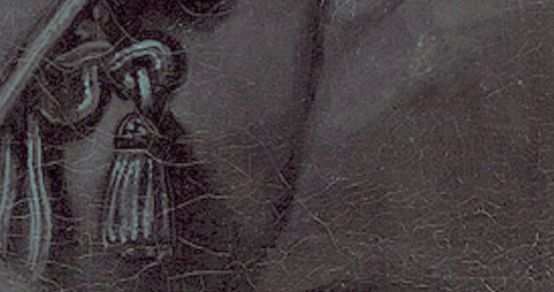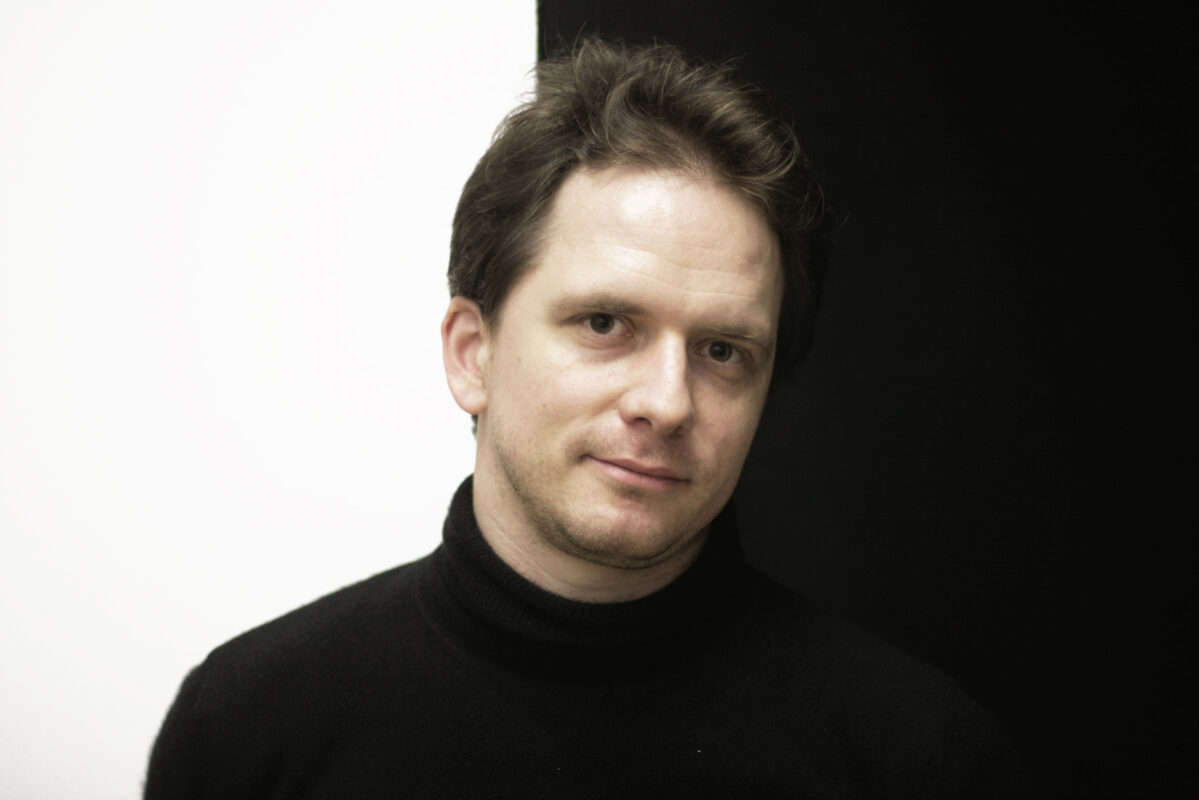Serenade for flute, violin and viola
Every Friday, Beethoven is here. To mark the 250th anniversary of Beethoven's birth, each week the Swiss Music Review takes a look at a different work from his catalog. Today for the Serenade in D major.

Too rarely do we realize that it is often not composers who write music history with their works, but rather various authors and historians who define the context from scores, letters and other documents. And the further back you go, the more varied the interpretations and hypotheses, often based on mere supposition. This happens less with Beethoven - so you can feel safe, lean back and relax.
Grave error! Those who explain everything about Beethoven on the basis of his great works always feel the need to find an explanation that also fits the less grandiloquent scores, and they invent dubious arguments to get back on their feet. A case in point is the Serenade op. 25 for flute, violin and viola, published in 1802. The genre and cast are already curious. Hadn't Beethoven systematically prepared his first string quartets (Op. 18) as early as Op. 1? Hadn't he long since abandoned the traditions of the 18th century? Why a composition without a bass? And why this tempo designation Allegro désinvolto (happy and relaxed) in the finale? - So we simply dated the serenade as a Bonn work, which was wonderfully convenient, but not tenable given the notes that have come down to us. It has also been speculated that Beethoven wanted to help Giovanni Cappi in his new publishing venture by offering him this serenade. Cappi would then have invented the opus number himself during the printing process...
But why couldn't Beethoven simply write a serenade, even though in other areas he was reaching new heights? The answer may be found a hundred years later in a letter from Max Reger. He, too, having composed a string quartet of symphonic proportions in form and texture (op. 74), wrote to his publisher on April 22, 1904 about his Classical Serenade op. 77a (in the same key and cast as Beethoven's): "You will find here something very light, simple and melodious [...]. But I urge you not to 'look askew' at this modest little libretto [...], for this op. 77a will certainly be suitable for acquiring many new friends, and will at last silence those ignoramuses who always say that I can only write 'complicated', masking a 'lack of inspiration' and a 'lack of temperament' by 'an excess of complication'!"
Aufnahme auf idagio
Keeping in touch
A weekly newsletter reveals the latest column on line. You can subscribe by entering your e-mail address below, or by subscribing to our RSS feed.








